Yes. unsigned, signed, short, long, long long all are simple type specifiers for XXX int.
See 7.1 Specifiers [dcl.spec] in the standard:
3 [ Note: Since signed, unsigned, long, and short by default imply int, a type-name appearing after one of
those specifiers is treated as the name being (re)declared. [ Example:
void h(unsigned Pc); // void h(unsigned int)
void k(unsigned int Pc); // void k(unsigned int)
—end example ] —end note ]
and 7.1.6.2 Simple type specifiers [dcl.type.simple]
Table 10 — simple-type-specifiers and the types they specify
Specifier(s) | Type
------------------------+---------------------------------
type-name | the type named
simple-template-id | the type as defined in 14.2
char | “char”
unsigned char | “unsigned char”
signed char | “signed char”
char16_t | “char16_t”
char32_t | “char32_t”
bool | “bool”
unsigned | “unsigned int”
unsigned int | “unsigned int”
signed | “int”
signed int | “int”
int | “int”
unsigned short int | “unsigned short int”
unsigned short | “unsigned short int”
unsigned long int | “unsigned long int”
unsigned long | “unsigned long int”
unsigned long long int | “unsigned long long int”
unsigned long long | “unsigned long long int”
signed long int | “long int”
